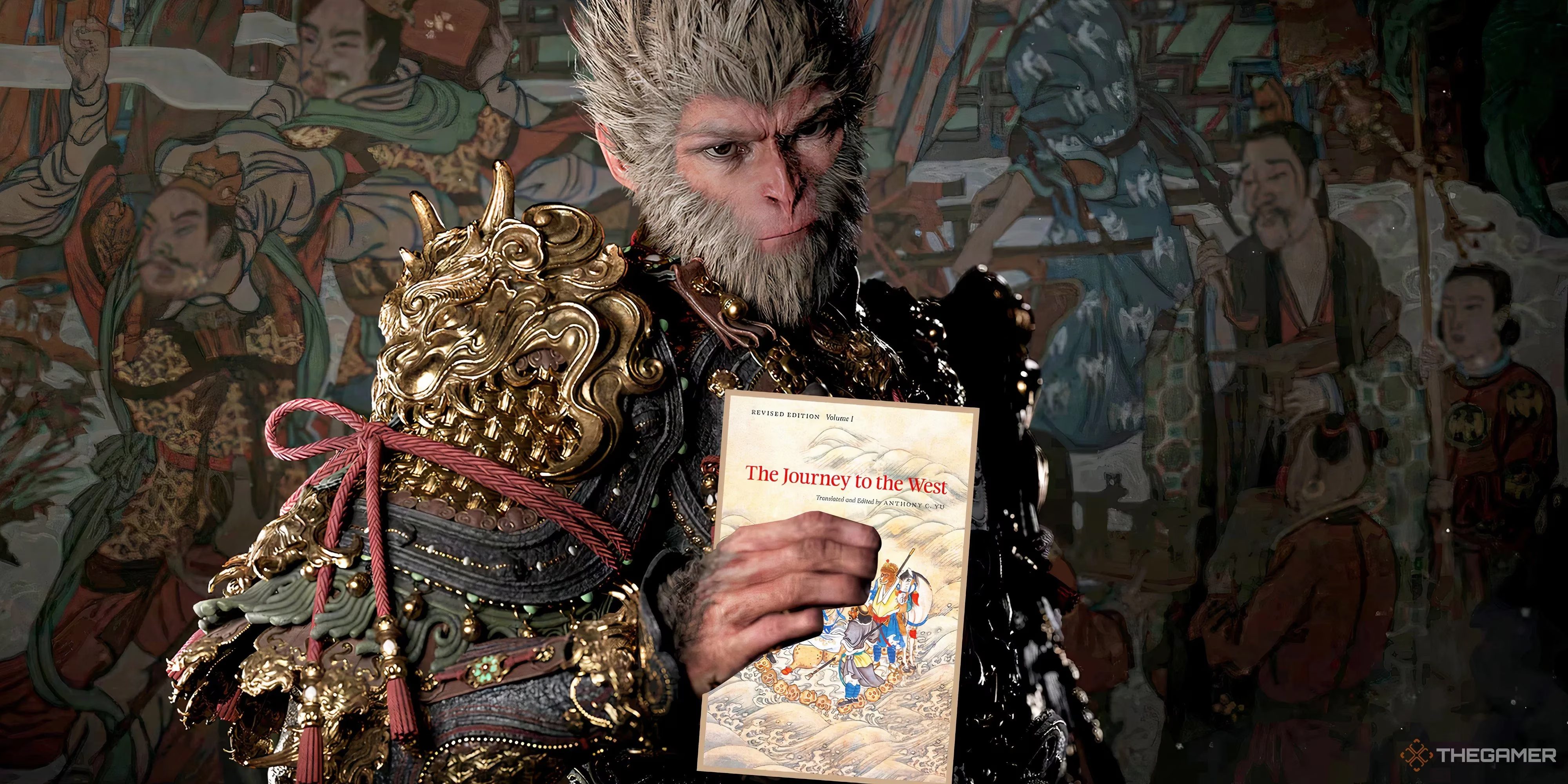Wukong's Digital Pilgrimage Ignites Westward Journey
Black Myth: Wukong ignites global fascination, blending epic gaming with revival of Journey to the West, transforming modern mythmaking and cultural curiosity.
I never imagined that swinging a digital staff as the Monkey King would become such a seismic cultural event. When Game Science unleashed Black Myth: Wukong upon the world last month, we witnessed gaming history unfold like a celestial scroll. Ten million copies vanished faster than Sun Wukong's cloud somersaults in those first seventy-two hours alone. Steam servers groaned under unprecedented pressure—37 million concurrent players!—while China's internet infrastructure guzzled over an exabyte of data, as if the entire nation were collectively mainlining mythological combat. What fascinates me most isn't just the gameplay revolution though; it's how this digital pilgrimage is resurrecting a 500-year-old literary masterpiece in Western imaginations.

The Alchemy of Modern Mythmaking
Black Myth: Wukong didn't merely adapt Wu Cheng'en's Ming Dynasty epic Journey to the West; it injected it with lightning-charged adrenaline. Players aren't just fighting bosses like the tri-headed Lang-Li-Guhh-Baw or outsmarting the cosmic trickery of Erlang Shen's 73 transformations—they're absorbing Taoist philosophy through their controllers. The combat system feels like unraveling a silk tapestry with your fists: intricate, fluid, and occasionally brutal as a mountain god's temper tantrum. Yet beneath the spectacle lies astonishing fidelity to the source material. When Chen Loong lectures the Destined One about celestial burdens during those quiet pagoda dialogues, you're not hearing generic NPC chatter—you're receiving distilled wisdom from Chapter 87 of the original novel.
When Pixels Awaken Paperbacks
Here's where the magic transcends the screen: eBay data reveals Western readers are scrambling for Journey to the West copies like monkeys hunting immortal peaches. Pre-launch sales across four anglophone markets (UK/US/Canada/Australia) totaled a paltry 93 copies over three months. Post-launch? 122 sales in just 22 days—a 31% surge that transforms literature's commercial landscape.
| Marketplace | Pre-Wukong Sales | Post-Wukong Sales |
|---|---|---|
| eBay UK | 20 | 28 |
| eBay US | 65 | 85 |
| eBay CA | 0 | 2 |
| eBay AU | 8 | 7 |
This isn't mere coincidence. Gamers who spent hours mastering Wukong's Ashen Slumber transformation now crave deeper context about his rebellion against heavenly bureaucracy. The curiosity manifests physically too—Chinese landmarks featured in-game now offer free admission to anyone showing cleared save files, turning digital achievements into real-world cultural passports.
Uncommon Parallels in a Digital Age
Observing this phenomenon feels like watching koi fish evolve into dragons mid-leap. The game functions as a cultural tuning fork—resonating at frequencies that vibrate dormant Western interest in Eastern mythology. Simultaneously, its success mirrors linguistic alchemy; where words once gathered dust on library shelves, pixels have transmuted them into visceral emotional experiences. My favorite moment? Discovering players use the environment strategically—luring Kang-Jin Loong into battles against Gore-Eye Daoist like some mythic gladiatorial sideshow.
Beyond the Golden Headband
Personally, I see this as mere prologue. With Game Science teasing a 2025 expansion and Xbox/PS5 physical editions imminent, Wukong could become the Trojan horse for global mythopoeic exchange. Imagine:
-
📜 Interactive bestiaries explaining Zhu Bajie's porcine symbolism
-
🎭 DLC exploring Sha Wujing's river demon origins through underwater combat
-
🏯 Collaborations with UNESCO to digitally preserve pilgrimage sites
Yet the true triumph lies beyond mechanics. This game has achieved what centuries of translations couldn't—making Sun Wukong feel less like distant folklore and more like your mischievous spiritual cousin. When players complain about the Pagoda Realm's invisible walls, they're not criticizing level design; they're emotionally invested in a digital interpretation of Buddhist purgatory. That's monumental.
As I replay Chapter Four tonight, hunting Celestial Taiyi Pills while the Yellow Wind Sage howls, I realize Black Myth: Wukong isn't just GOTY contender—it's a mythological defibrillator jolting ancient narratives back to life. And honestly? Watching Western bookstores suddenly stock Journey to the West beside Tolkien feels like witnessing a library spontaneously combust into a phoenix. The pilgrimage continues—one rage-quit and paperback purchase at a time. 🐒✨
